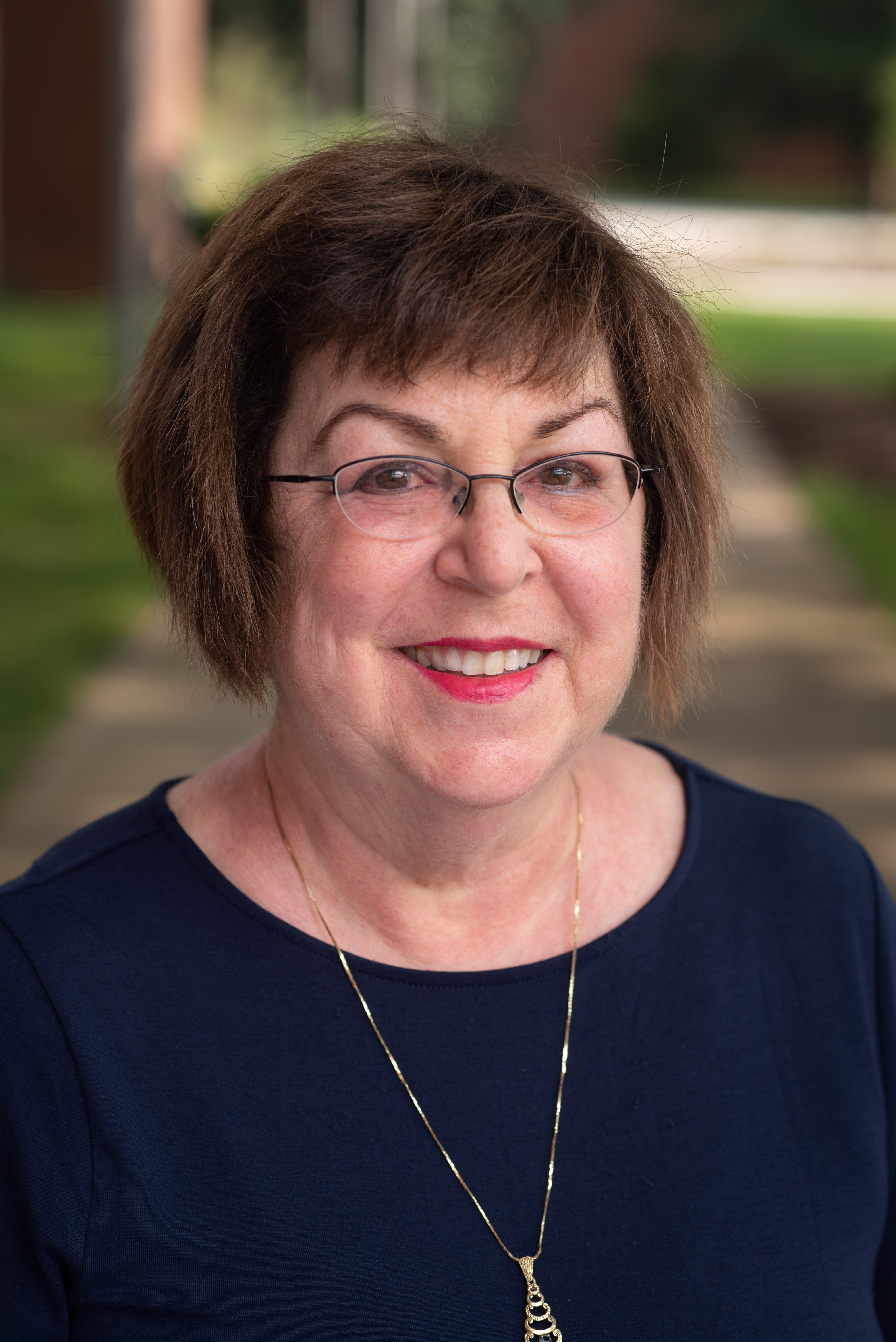Professor
Email: sonnensc@umbc.edu
Office: Math / Psychology 317
Phone: 410.455.2361
Fax: 410.455.1055
Lab: Sondheim 502
Phone: 410.455.3180
Website: Children and Families, Schooling, & Development Lab
Education: Ph.D. – State University of New York at Stony Brook
Area of Study:
Educational/Cognitive Development of Children from Different SES and Ethnicities.

Research Interests:
Dr. Sonnenschein’s research addresses ways to promote the academic success of children from diverse (race/ethnicity, SES, linguistic) backgrounds. Although the research considers home and school factors, she is particularly interested in how parental beliefs and practices are associated with children’s academic development.
Courses Taught:
Advanced Child Development (PSYC 407)
Development and Education (PSYC 409)
Cognitive Development (PSYC 651)
Child Assessment (PSYC 721)
Graduate Research and Training Opportunities:
Not accepting new Ph.D. students for Fall 2026.
Undergraduate Research and Training Opportunities:
YES: Undergraduate opportunities available.
Undergraduates can assist with all phases of the research, including coding and analyzing data, library research, interviewing parents/children, assessing children’s competencies. Contact: sonnensc@umbc.edu
Graduate Program Affiliation(s):
Applied Developmental Psychology
Leadership roles in the Department/College/University:
Co-Director, Applied Developmental Psychology Graduate program
Selected Publications:
Sonnenschein, S., Gursoy, H., & Stites, M. (2022). Elementary school children’s home learning environments: Mathematics, reading, science, written language. Education Sciences, 11, 303-318.
Stites, M.L., Sonnenschein, S., Chen, Y., Imai-Matsumura, K., & Gürsoy, H. (2021). Facilitating preschool children’s mathematics development in China, Japan, and the United States: Is the classroom library considered? Education Sciences, 11, 792. https://doi.org/ 10.3390/educsci11120792
Sonnenschein, S., Stites, M.L., & Ross, M. (2021). Home learning environments for young children in the U.S. during COVID-19. Early and Education Development, 32(6), 794-811.
Simons, C., Sonnenschein, S., Sawyer, B., Kong, P., & Brock, A. (2022). School readiness beliefs of Dominican and Salvadoran immigrant parents. Early Education and Development, 33(2),269-290.
Sawyer, B., Dever, B., Kong, P., Sonnenschein, S., Simons, C.,Yu, X., Zhang, X., Cai, Y. (2021). Dominican, Salvadoran, and Chinese immigrant parents’ reasoning about school readiness skills. Child & Youth Care Forum, 51, 137-159.
Galindo, C., Sonnenschein, S., & Sanders, M. (2021). A case study of a school-university partnership focused on literacy and educational equity: Responding to COVID 19 in the early grades. School-University Partnerships, 14(3), 17-42.
Sonnenschein, S., Stites, M., & Dowling, R. (2021). Learning at home: What preschool parents do and what they want to learn from their children’s teachers. Journal of Early Childhood Research, 19(3), 309-322.
Stites, M., Sonnenschein, S., Dowling, R., & Gay, B. (2021). Mathematics learning opportunities in preschool: Where does the classroom library fit in? Special issue of Early Education and Development, 32 (1), 66-81.
Gay, B., Sonnenschein, S., Baker, L., & Sun, S. (2020). Poverty, parent involvement, and children’s reading skills: Testing the compensatory effect of the amount of classroom reading instruction.Early Education and Development, 32(7), 981-993.
Galindo, C.,Sonnenschein, S., & Montoya-Avila, A. (2019). Latina mothers’ engagement in children’s math learning in the early school years: Conceptions of math and socialization practices. Early Childhood Research Quarterly ,47, 271-283.
Sonnenschein, S., Metzger, S.R., Dowling, R., & Baker, L. (2017). The relative importance of English vs. Spanish language skills for low oncome Latino English language learners’ early language and literacy development. Early Child Development and Care, 187 (3-4), 727-743. DOI: 10.1080/03004430.2016.1219854 (reprinted in: R. Evans, & O. N. Saracho (Eds). (2018) Research in Young Children’s Literacy and Language Development (pp.429-445). NY: Routledge, ISBN: 978-1-138-09109-2
Sonnenschein, S., Metzger, S.R., Dowling, R., Gay, B., & Simons, C.L., (2016). Extending an effective classroom-based math board game intervention to preschoolers’ homes. Journal of Applied Research on Children, 7(2), 1-29.
Sonnenschein, S., Metzger, S.R., & Thompson, J.A. (2016). Low-income parents’ socialization of their preschoolers’ early reading and math skills. Research in Human Development, 13, 207-224.dx.doi.org/10.1080/15427609.2016.1194707
Galindo, C., & Sonnenschein, S. (2015). Decreasing the SES math achievement gap: Initial math proficiency and home learning environments. Contemporary Educational Psychology, 43, 25-38. Galindo & Sonnenschein, 2015 CEP
Sonnenschein, S., & Galindo, C. (2015). Race/ethnicity and initial math skills: Relations between home, classroom, and math achievement. The Journal of Educational Research, 108, 261-277.
Susan Sonnenschein CV – Last Updated January 2025
